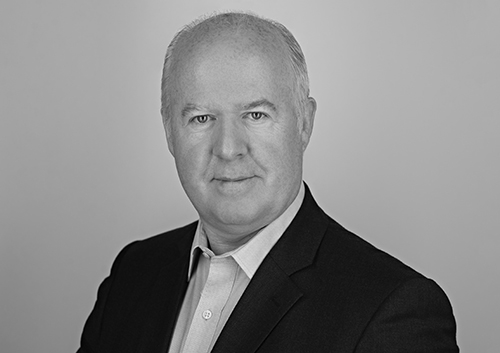Pensions auto-enrolment has been one of the few, consistent bright spots in the UK pensions market over the past decade. But with higher contributions on the way soon the DWP will need to keep a close eye to ensure that the wheels on the trolley don’t come off.
The Pensions Act 2008 introduced the concept of auto-enrolment for occupational pensions and just about a decade later 10 million people are now invested in an auto-enrolment scheme. They are not perfect - and I’ll deal with the shortcomings shortly - but they are an almost unqualified success, a cause for celebration.
A very significant number of working people are now in a pension scheme who wouldn’t be and that’s a major victory and has profound benefits for society in the future. Without auto-enrolment millions would have no pension at all but there’s a big challenge coming up.
From April the minimum contribution into an auto-enrolment scheme will rise from 5% to at least 8% of qualifying earnings, of which at least 3% must be paid by the employer. Employee contributions will rise from 3% to 5%. That doesn’t sound like such a huge increase but for someone on minimum wage, or not much more, that’s translates into a drop in take-home pay which could be painful.
I do believe the increase is the right thing to do. Most people should be contributing at least 12-15% of their qualifying earnings into a pension scheme. That should be the minimum target for everyone to secure at least some semblance of a decent income in retirement.
However, people first have to eat and pay the rent and while it’s all very well for the pensions priesthood and hacks like myself to encourage more pension saving, the reality in wage-depressed Britain is a little different. Putting food on the table comes first.
I can imagine a married couple on minimum wage both working full time and in auto-enrolment schemes looking anxiously at the consequences of higher contributions. The DWP will, I am sure, be monitoring opt-outs closely.
For those who believe people will just ‘keep calm and carry on’ paying in it’s worth looking at what’s happened in the NHS lately.
As Financial Planning Today reported recently, 250,000 NHS workers have opted out of the NHS pension scheme in the past three years, according to Freedom of Information data gathered by the Health Service Journal and Royal London.
Now not all these were quitting because they wanted out of the auto-enrolment scheme but some were, some were cashing in pensions because they needed the cash and some were highly paid medical professionals who had hit the lifetime allowance limit.
Royal London said the NHS opt out rate is far higher than other public sector schemes and could have “dire consequences” for workers. The long term squeeze on public sector pay and higher contribution rates could be to blame, it believes.
Opt-out rates are lower in other public sector areas at 3.4% for the Teachers’ scheme, 1.45% for the Civil Service Scheme and 0.04% for the Armed Forces Scheme. It’s worth noting, however, that the NHS employs a huge number of people, well over 1m, and many will be low paid, the ones likely to be most concerned about rising contributions.
Even so, despite initial scepticism from many, including me, auto enrolment has proved to be popular and over opt-out rates are low.
Many Financial Planners have proved to be good supporters of the scheme and have benefited, especially those with corporate clients for whom auto-enrolment has become a mainstay. Auto-enrolment has also encouraged many planners to get more involved in pensions advice to SMEs which is a good thing and has helped expand business.
The DWP deserves plenty of credit for managing the scheme but there is more to do. The self-employed, lower paid and those in casual work (such as zero hours contracts) should be covered and many millions more would benefit from the scheme.
With this in mind, a careful and sensitive approach to those who earn less and find auto-enrolment contributions a struggle is essential to ensure numbers do not plateau or decline.
Kevin O’Donnell is editor of Financial Planning Today and a financial journalist with over 30 years of experience. He previously worked for the Financial Times Group and in daily and weekly regional newspapers.

